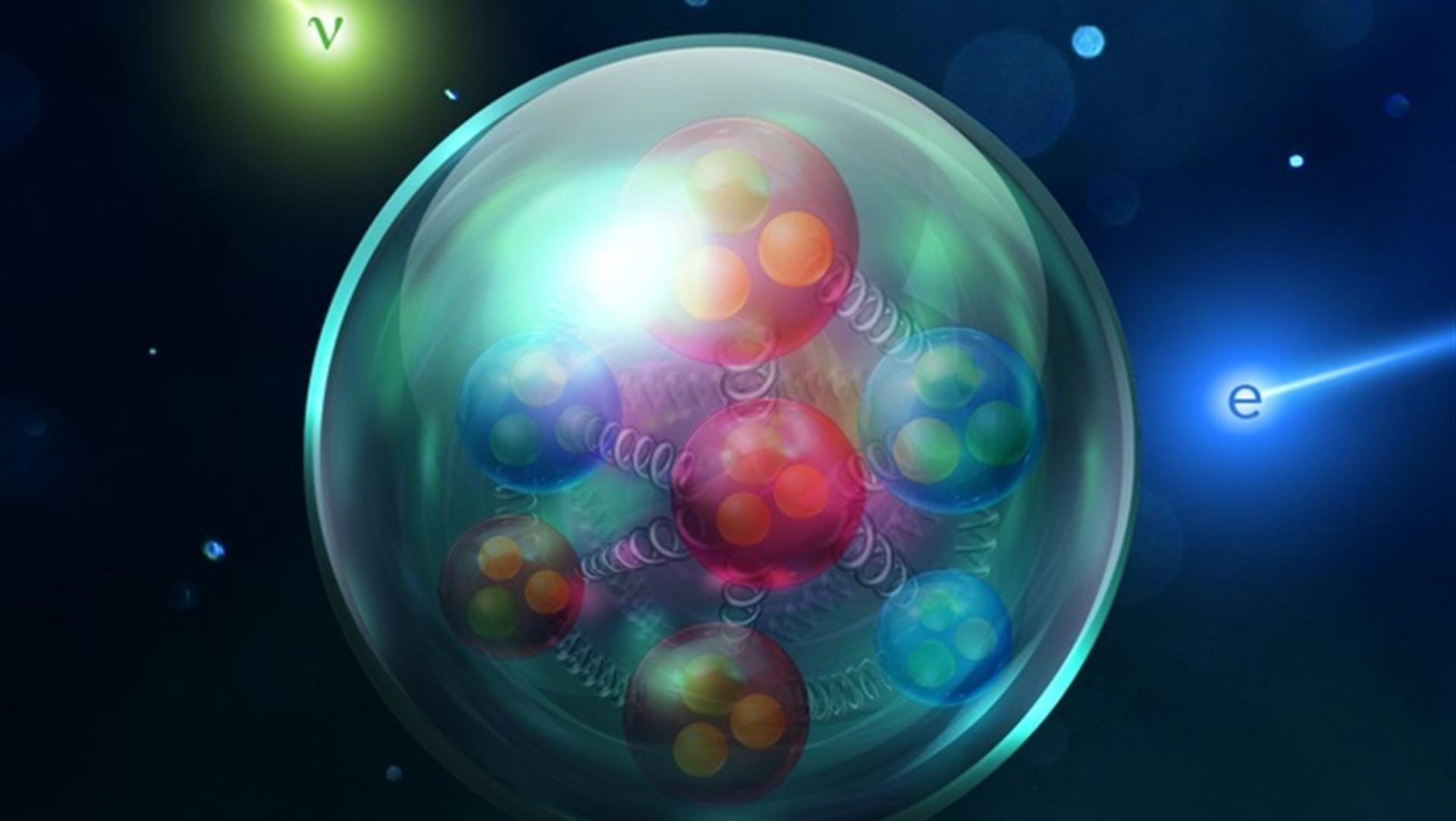Unless a realistic, responsible national energy policy can keep it current, “green” may prove to be a passing fad.
Question: What would a responsible national energy policy look like?
Alex Matthiessen: Well I tell you, I think the simple answer to or let me rephrase that, it’s actually not so simple but I think that a key to environmental problems in general and energy issues in particular is that we need a tax or a cap in auction program, trading program is a different way to do it but I think you need to make it expensive to emit carbon and frankly emit other pollutants into the atmosphere and expensive to pollute our waterways and so on and until you do that I think that the risk we run is that all the green work that we’re doing and it has become so popular over the last year or two is just a passing fad. You really have to make polluting cost money for these companies and in terms of an energy policy again there’s no quicker way to start to develop all these promising technologies in terms of the biofuels and solar and wind and geothermal and cell fuel technology and so on until gasoline and oil becomes prohibitively expensive and, you know, I’m not saying they should be unfairly taxed, the problem is that those, again those fuel sources have been subsidized for so long that we are not capturing the true cost of using those sources, you know, in terms of all the money that goes into building national highway system, all of the health impacts that burning fossil fuels have on our health, the climate change impacts that are coming down the road that we’re already seeing, which are gonna have huge economic impacts on our economy and so on. So the key in my view is to make carbon emissions cost real money and the only real way and the most efficient way to do that is through a carbon tax.
Question: What, if anything, can sustain the green movement?
Alex Matthiessen: Well, you know, the truth is that the environmental movement in my view has been enormously successful in its, you know, modern incarnation, you know, meaning from the late ‘60s early ‘70s when we passed our modern environmental laws til now, we’ve had huge gains there. We eliminated ozone polluting chemicals and we’ve done a lot but the problem is, is that we’re such a specialized country that it’s really been left up mostly to environmental groups and environmentalists to do this work and we’ve been up against enormous odds, you know, you’ve been up against these corporations that, you know, the way the system works, don’t have a real clear financial interest in protecting the environment all the time and frankly the government doesn’t do a very good job of enforcing the laws which is another regulatory way to stop companies from polluting. And you have certainly the concern of a lot of Americans who support us but they’ve got a million concerns and the environment often is kind of ranked low.
So it’s really the environmentalist and the environmental groups kind of working on their own with a vast gap in resources, you know, to take on some of these colossally large, expensive programs. So I think one of the results of that has been that our progress has been relatively incremental and because of that we are now starting to realize that some of the gains that we’ve made haven’t been nearly enough and you’re starting to see real kind of ecological crisis and collapse and potential for collapse, you know, when you’re talking about our fisheries, our air quality, you know, record level asthma rates, a change in climate and so on. So suddenly Mother Nature is speaking back to us and telling us that whatever progress we’ve made isn’t nearly enough and we gotta do a lot more.
So I think in order for us to get to the next level as an environmental movement if you will, it has to be about every American, every citizen in the world, we have to recognize that we’re all in this together. We can no longer say “Okay, they’re the environmentalists, they’re gonna take care of the problem or technology’s gonna take care of the problem” everybody has to take a very hard look at the way that they’re living and that we’re living together and figure out how to minimize their impact on the planet and it can no longer be just write your check and send it off to Riverkeeper, NRGC or one of these other groups, we’ve got to have everybody doing their part and really making those personal lifestyle changes and choices in order to minimize that impact and, you know, the myth is I think that it’s gonna mean a radically—it’s gonna mean this radical sacrifice and that we are gonna have to, you know, go back to cavemen days and living very frugally and uncomfortably and so on. I don’t think that has to be the case at all, I think that we can live very, very comfortable lives without having such a big impact on our environment.





